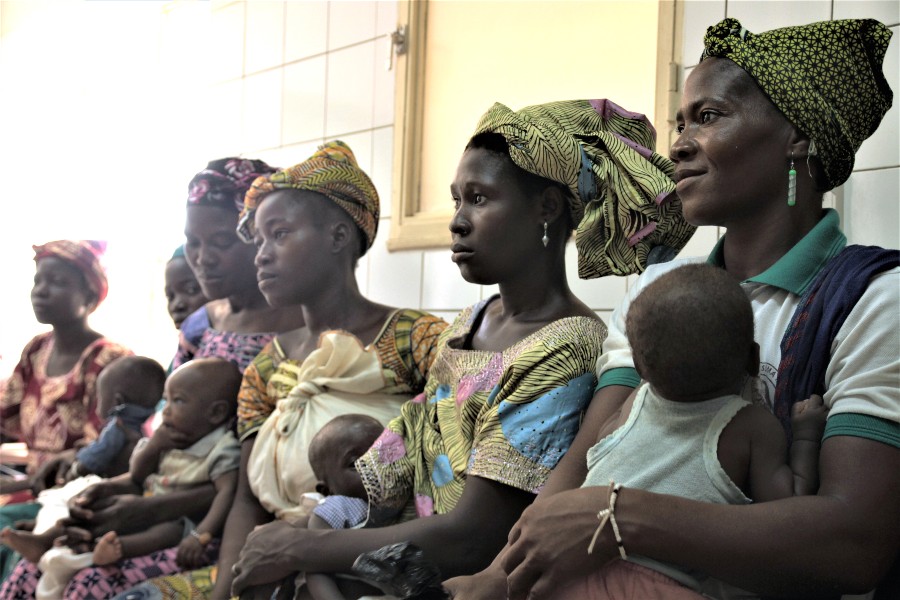The Fight against Placental Malaria
Fresh funding of 10 million Euros from The European Commission will provide a major boost to advance the development of a safe, effective and affordable placental malaria vaccine to protect pregnant women and their babies.

Malaria infection during pregnancy constitutes a major health problem that can lead to the development of placental malaria, affecting particularly vulnerable demographic groups, pregnant women and babies in Africa.
Together with a consortium of experienced and highly committed scientists from Africa and Europe, the European Vaccine Initiative is spearheading global efforts towards developing a safe, affordable and effective vaccine against placental malaria. Fresh funding of €10 M from the European Commission (EC) will provide a major boost to these efforts.
A culmination of 20 years of malaria immunology research for Danish researchers
To the Danish researchers from the Department of Immunology and Microbiology (ISIM), University of Copenhagen, being a partner in this project is actually the culmination of 20 years of malaria immunology research at ISIM and Rigshospitalet initiated by Professor Lars Hviid and Professor Thor G. Theander. It was then substantiated by the discovery of VAR2CSA by Professor Ali Salanti and now effectuated using the cVLP technology spearheaded by Associate Professor Adam Sander.
"I look forward to lead my third project evaluating a vaccine in a “first in human” clinical trial," Morten Agertoug Nielsen, who is Associate Professor at ISIM says. "If we do not meet obstacles the project will progress to the first phase 2 trial employing a vaccine targeting the particular virulence genes called PfEMP1. “
Two promising vaccine candidates
The funding has been granted to the ADVANCE-VAC4PM project that aims to accelerate the development of two promising vaccine candidates against placental malaria, PRIMVAC, which was discovered at INSERM, FR and PAMVAC from the University of Copenhagen, DK. These two vaccine candidates have previously been shown to be safe, well-tolerated and able to induce a strong and functional immune response in clinical trials in Europe and Africa3,4].
ADVANCE-VAC4PM will advance the clinical development of PRIMVAC and PAMVAC, i) by using a novel vaccine platform based on capside-Virus-Like Particles (cVLPs) and ii) by evaluating co-administration of PRIMVAC and PAMVAC-cVLP with the ultimate goal to improve and broaden the vaccine-induced immune response. These activities will complement efforts currently undertaken by the consortium partners in the VAC4PM project with the financial support of the Japanese Global Health Innovation Technology (GHIT) Fund.
“With the support from the European Commission we take a major step towards developing an effective and affordable vaccine against placental malaria, a condition that affects pregnant women in low-income countries, some of the most vulnerable people in the world”, says Ole F. Olesen, Executive Director of the European Vaccine Initiative.
The clinical trial activities will be embedded in capacity building efforts including workshops, training of MSc/PhD students, a mentorship program for African early career researchers and strengthening of clinical and immunology laboratory capacity. Digital tools will be developed for monitoring pregnancy outcomes in preparation of future efficacy trials. Modelling the cost-effectiveness, feasibility and acceptability of placental malaria vaccines will also be conducted.
[1] World Malaria Report 2020 (who.int)
[2] Moore KA, et al. doi: 10.1016/S2214-109X(17)30340-6
[3] Mordmüller B et al. Clin Infect Dis. 2019 Oct 15;69(9):1509-1516
[4] Sirima SB et al. Lancet Infect Dis. 2020 May;20(5):585-597
